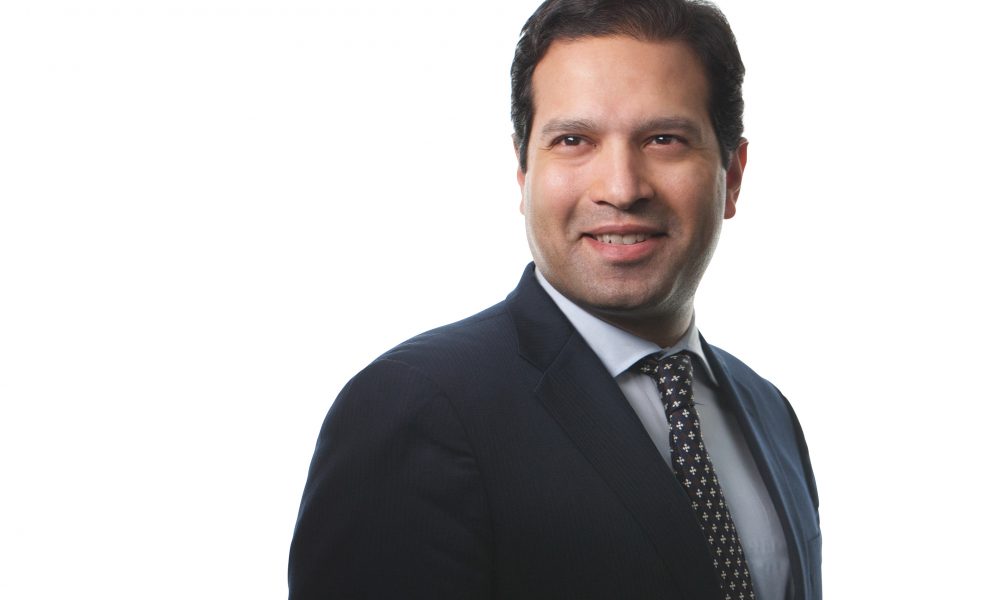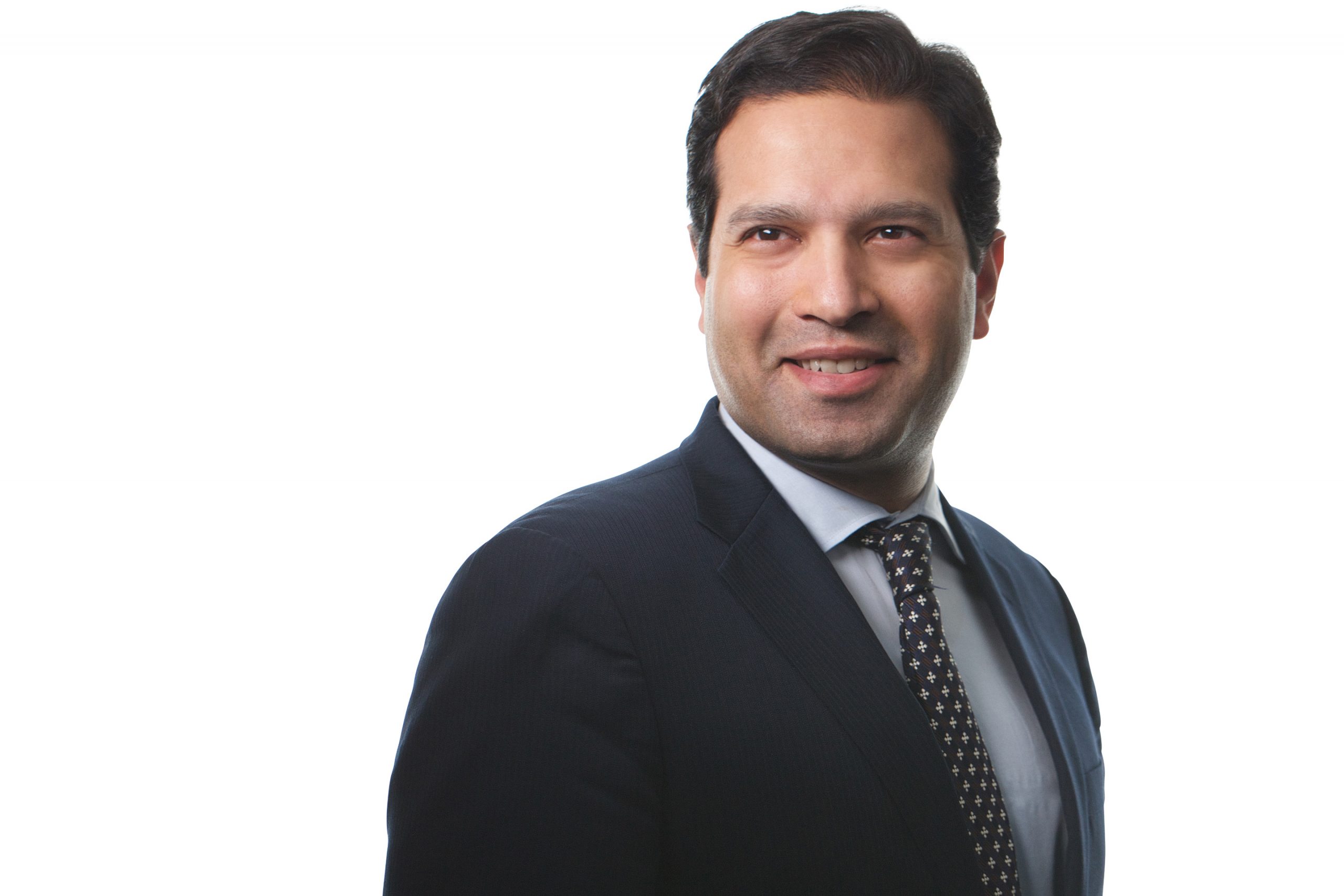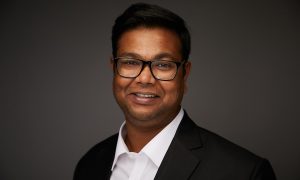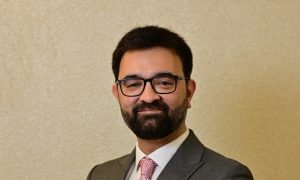This interview has been published by Priyanka Karwa and The SuperLawyer Team

Please tell us about your journey in the field of law and how you ultimately specialized in alternate dispute resolution, international commercial and investor arbitration, and public international law?
I grew up mostly in Mumbai, India, but I received a full scholarship to do my undergraduate studies in the United States. While my first degree in Economics gave me a solid basis for understanding how the world works, I subsequently pursued a law degree with the idealistic, energetic goal of trying to change how the world worked, in particular, addressing inequities between the Global South and the Global North.
While in law school, I took all of the core and foundational classes, but chose my electives to be different international law classes, such as trade law, law of the sea, human rights. Those classes set the stage for my subsequent career in international dispute resolution.
You’ve worked with various prestigious law firms and organizations throughout your career. How did each of these experiences contribute to your growth and expertise in the field of international law and arbitration?
Receiving an offer to serve as a law clerk to H.E. President Rosalyn Higgins at the International Court of Justice during the 2005 to 2006 judicial term felt like being at the pinnacle of my career at its very start! The ICJ is colloquially known as the “UN Court” or the “World Court.” The Court’s docket was full during my term. I worked on armed conflict between the DRC and Rwanda, transboundary environmental issues between Argentina and Uruguay, and the massive Genocide Convention case between Bosnia and Serbia. The clerkship confirmed for me that I wanted to focus on international law disputes in some fashion.
Accordingly, I submitted applications into the UN system online for all open vacancies in international law. Those applications—painstakingly prepared—would vanish into the ether. I usually never heard back or would hear back over a year later that the vacancy had been filled!
However, I had success with one application (and all it takes is one!). In 2007, I relocated to Freetown, Sierra Leone, to work as a Legal Officer at the Special Court for Sierra Leone. The tribunal had been established to adjudicate responsibility for the war crimes committed in the country during its conflict. The experience was eye-opening. Substantively, I learned about the application of international criminal law and working at an international organization. Personally, observing the plight of the survivors and victims of the atrocities instilled in me that we should always try our best to achieve the greater good.
Still, I was not sure I was ready for a long-term career as an international civil servant. I wanted to explore the rigors of private practice with the goal of becoming a better-trained lawyer. I chose from various offers to join the International Arbitration Group at Freshfields Bruckhaus Deringer, one of the best arbitration practices in the world, just before the Great Financial Recession hit in September 2008. While at Freshfields, I got to work on some of the most complex investment and commercial arbitrations, particularly in the energy and extractives sector, such as Libananco v. Turkey, Burlington Resources v. Ecuador, and ConocoPhillips v. Venezuela. Additionally, I did a ton of pro bono at the firm, representing individuals in asylum proceedings and providing legal advice on international human rights to prominent NGOs. And, in my spare time (I did not sleep much, admittedly, when younger!), I was teaching at Columbia Law School.
I felt that I had the best of all worlds—I was stimulated by complex commercial work; my matters had purpose; and I was able to interact with the best arbitrators in the world (Jan Paulsson! Lucy Reed!) and the best young minds as well at Columbia Law School.
As a Partner at Milbank, you’ve been involved in a wide range of commercial arbitrations under various arbitral institution rules. Could you share with us a particularly challenging case you’ve worked on and how you navigated its complexities?
To date, I have represented the government of Türkiye in five investment arbitrations over the course of my career. Two cases stand out for me: Cascade v. Republic of Turkey, ICSID Case No. ARB/18/4, and Ipek v. Republic of Turkey, ICSID Case No. ARB/18/18. Of course, I cannot discuss anything that is legally privileged and/or confidential from those two matters. But just a quick search in the public domain will reveal that these two disputes were profoundly important to Türkiye. At a high level, the matters concerned the failed coup d’état of July 15, 2016, and pitted the Erdoğan administration against the followers of Fetullah Gulen. So, issues of national security, terrorism, politics, and free speech were directly relevant to the two arbitrations. Turkish outlets reported on these arbitrations as a fight for the heart and soul of Türkiye!
After several years of intensely fought arbitration proceedings, Türkiye prevailed in both matters on jurisdictional grounds. The tribunals found that the investors had committed an abuse of process by restructuring their investments to avail of bilateral investment treaty protection at times when their disputes with the government were underway or reasonably foreseeable.
These were immense victories that required me and my team to identify the legal elements of Türkiye’s defenses, and then marshal the evidence to demonstrate to the tribunals why those elements had been satisfied with the requisite burden of proof. With regard to evidence, no stone was left unturned. We reviewed publicly available sources extensively; interviewed government officials and witnesses from different ministries and agencies; and identified true experts who could opine on key issues related to the underlying matters. But being technical about evidence is insufficient. You have to present the facts and evidence in a narrative that is compelling, persuasive, and convinces the tribunal why to rule in your client’s favor.
Your involvement in investor-state arbitration is quite notable, representing energy majors against several countries. Could you elaborate on the unique challenges and strategic considerations involved in these cases?
Yes, I have represented investors in high-profile energy and mining disputes against governments all over the world, including Argentina, Azerbaijan, Bosnia-Herzegovina, Bolivia, Ecuador, Italy, Mexico, Nigeria, Peru, the Philippines, the Russian Federation, Timor-Leste, Uruguay, and Venezuela. I have also been instructed by several governments in their investment arbitration disputes. These cases can be very complex because of the multiplicity of government actors involved (for example, the Ministry of Energy may be the focal point, but acts by the President’s Office, the Ministry of the Environment, the Ministry of Foreign Affairs, and the Ministry of the Economy may also be relevant). Government actors change over time, bringing in another layer of complexity. Additionally, the heart of the dispute may not just be about politics (for example, reclaiming sovereignty over natural resources as the public policy goal of a government) but also economics (for example, high oil prices prompting implementation of windfall profit taxes or increased royalty rates).
Good lawyers in this field will be versatile in their strategy, looking at how best to play the cards their clients have been dealt. You likely will have to be technical (for example, reviewing administrative agency decisions to understand how environmental regulations relating to energy projects are implemented by local actors), creative (working with experts to construct a model of how the project would have been implemented but for the government’s alleged wrongful act), and comprehensive (seeing the story not just from the perspective of the government and the investor, but also impacted local communities and future generations). Ultimately, you have to understand the big picture yourself, and then figure out how to present that big picture to the tribunal clearly and compellingly.
Besides your legal practice, you’re also an Adjunct Professor at Columbia University School of Law. How does teaching influence your own legal work, and what insights do you gain from engaging with students?
I have been teaching as an Adjunct Professor at Columbia Law School for 14 years now, and I absolutely love it. First, I went to CLS to obtain my JD, so being back on campus reminds me of how much I enjoyed my legal studies (and takes me back to my early 20s!). Second, preparing for sharp, probing questions from my students keeps me on my toes. I have to make sure I am fully up to date on the latest in international arbitration and am not just teaching from an outdated playbook. Finally, listening to their views and perspectives makes me a better lawyer. They may suggest novel ways of addressing a problem because they do not have preconceived notions.
You’re actively involved in various organizations focusing on international justice, business and human rights, and more. How do these extracurricular roles complement your legal career and contribute to your personal mission?
I went to law school with the idealistic goal of helping to make the world a better place! Therefore, it has always been very important to me to be active in pro bono matters to help serve those who cannot afford access to justice. I still remember the full panoply of emotions I felt as a second-year lawyer when I was able to secure asylum for my then-teenage client in the United States when he fled persecution in Colombia. (He subsequently obtained his undergraduate degree from New York University and is now a successful teacher!).
Given that I spend my time practicing public international law and international arbitration, I focus my pro bono and philanthropic efforts on those two areas where I have a comparative advantage. That translates into work on international human rights and international justice. I am proud to serve on the Board of Directors of The Global Justice Center, which focuses on gender-equality in post-conflict societies that is achieved through legal advocacy. I am also a Director of International Independent Legal Advocates, which helps to level the playing field for developing and small countries who are negotiating complex multilateral treaties and lack the resources and time needed to be effective negotiators.
By the way, all this work reinforces my own billable legal practice. I am often approached by corporations or governments to work on commercial disputes that might implicate human rights issues. For example, many of my extractives and energy matters concern not just economic issues of supply, demand, prices, force majeure, taxes, etc., but also environmental issues and consideration of impacted stakeholders such as indigenous communities in the relevant areas. Some of the relevant experience I have gathered to take on these matters comes from my pro bono practice.
You’ve been recognized with numerous accolades and awards for your contributions to the field. How does this recognition affect your approach to your work and your commitment to advancing international law and arbitration?
You are kind to mention that I have received accolades for my work in international arbitration and as a lawyer generally. I am always grateful for recognition from my peers, clients, and others for the work that I am doing. And, at an earlier stage in your career when you are still establishing your bona fides, external accolades and awards can help convince clients that you have the wherewithal to lead their complex matters.
Ultimately, though, it is the work that matters. Recognition usually comes from doing good work. Doing good work usually requires hard work, dedication, and, frankly, plodding. I spent many late nights focused on the task at hand—preparing for hearings, finalizing briefs—instead of dreaming about awards! But I enjoy the “doing,” and the rest that might follow—recognition, accolades, whatnot—is (very enjoyable!) icing on the cake.
Lastly, with your extensive experience and success in the legal field, what advice would you offer to fresh law graduates who are just starting their careers, particularly those interested in pursuing a path similar to yours in international law and arbitration?
Here is what I can suggest based on my experience.
First, be flexible. I spent the summer between my first and second years of law school doing project finance at Milbank. This seemed like a sensible practice area given that I was interested in development work and thought I would return to India/Asia to work. However, I realized that I was more inclined to be a disputes lawyer, which led to the career I have described. But now, two decades into my career, I am back at Milbank leading the international arbitration group. Unsurprisingly, I spend a lot of time working with my project finance partners—but am not part of the project finance group! After all, some of the mega projects that Milbank’s project finance team work on could run into disputes, either with the government (giving rise to investment arbitration), or between project company and contractors/subcontractors (giving rise to construction arbitration), or between the project company and offtakers (giving rise to commercial arbitrations). You never know how the story might unfold.
Second, always, but especially when you are in the early stages of your career, be open to possibilities. Within five years of graduating from law school, I had clerked at the International Court of Justice, served as a Legal Officer at the Special Court for Sierra Leone, and been a mid-level associate at a top law firm doing international arbitration. While I always had an eye to the future, I focused primarily on what I could learn from each of those amazing opportunities, which were all different from each other. The result was a broad training in international law, on which I have built my private practice.
Third, try to get the most out of what is immediately in front of you, avoiding a “what next” way of thinking. I was – and am! –ambitious, which sometimes translates into wondering what lies around the corner. But the most enjoyable moments of my career are when I lose myself in my work—editing a complex section of the brief, preparing for and then undertaking a cross-examination at a hearing, reading the material and then engaging my students on the latest developments in international arbitration.
Relatedly, choose to do things because you enjoy them and not always because they could translate into career success. For example, I studied conversational Spanish with a Venezuelan refugee in The Hague when I was clerking at the International Court of Justice out of a love for the language (based on reading English translations of books by Isabel Allende and Gabriel García Márquez in college) and a desire to work with refugees in the United States when I completed my clerkship. Little did I know that my Spanish would come in handy later on when I embarked on several major investment arbitrations involving South American governments!
Fourth, do not be too hard on yourself. A successful career is one that is built over time. There will be ups but inevitably there will also be downs. Some of those downs will be the consequence of things you cannot not control, at least in part. Do your best based on the circumstances you find yourself in to change what you can and let go of the rest.
Get in touch with Viren Mascarenhas-


























